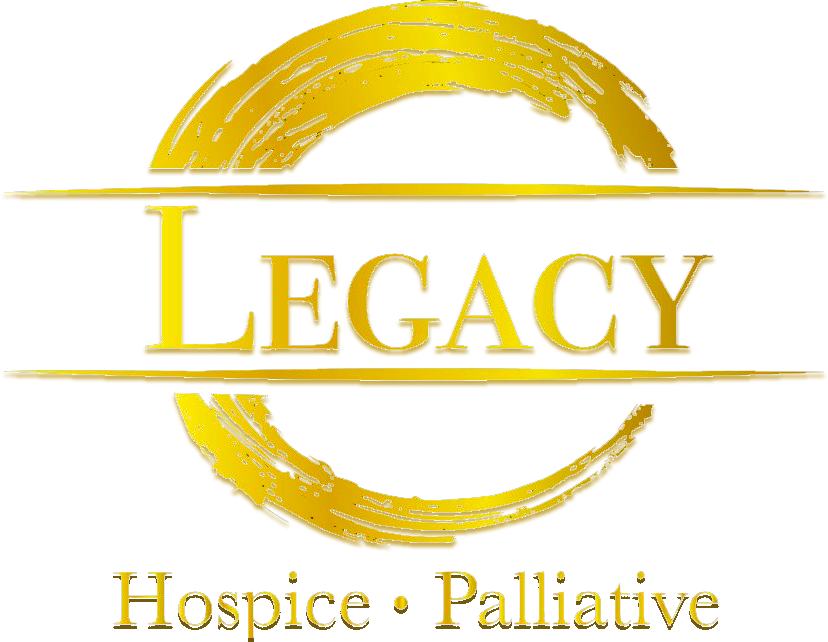Menu



Chronic Obstructive Pulmonary Disease (COPD) is a progressive lung disease that significantly affects the quality of life for patients. It encompasses conditions like emphysema and chronic bronchitis, leading to breathing difficulties and reduced oxygen flow, which can be distressing for both patients and their families.
Patients with COPD often experience exacerbations that can lead to hospitalization and increased dependency on caregivers. Understanding the symptoms and progression of COPD is crucial for families considering hospice care, as it helps them make informed decisions about the level of support and comfort their loved ones may need during this challenging time.
Hospice care plays a vital role in managing the complexities associated with COPD, focusing on providing comfort rather than curative treatment. This approach ensures that patients receive personalized care aimed at alleviating symptoms, managing pain, and enhancing overall quality of life during their final stages.
Through a multidisciplinary team, hospice providers deliver tailored services, including medication management, respiratory therapy, and emotional support for both patients and families. This comprehensive care model not only addresses physical needs but also emphasizes the importance of mental and emotional well-being in end-of-life scenarios.
Families of patients with COPD often face emotional challenges as they navigate the complexities of caregiving and end-of-life decisions. Hospice care recognizes the importance of supporting not only the patient but also their loved ones, providing resources and counseling to help them cope with grief and loss.
Support groups, counseling sessions, and educational resources offered by hospice organizations can empower families, helping them process their feelings and share experiences with others in similar situations. This holistic approach fosters resilience and strengthens family bonds during a profoundly difficult time.
Families seeking hospice care for loved ones with COPD often have questions regarding eligibility, services provided, and what to expect during the process. Addressing these frequently asked questions can demystify hospice care and alleviate concerns, ensuring families feel informed and supported.
Common inquiries include topics such as how hospice care can improve quality of life, what types of therapies are available, and how to initiate the hospice conversation with a healthcare provider. Providing clear, concise answers to these questions can guide families in making the best choices for their loved ones' care.